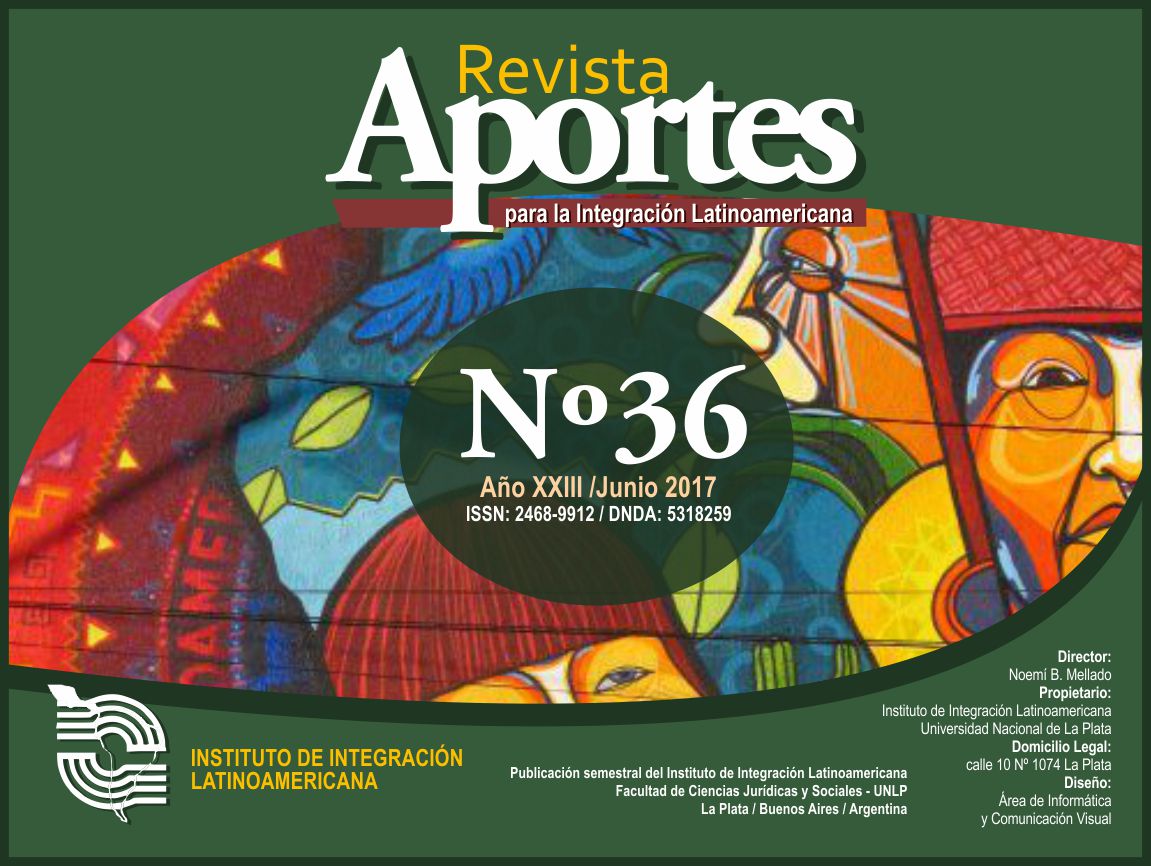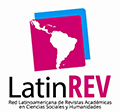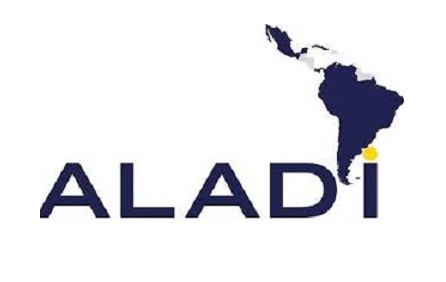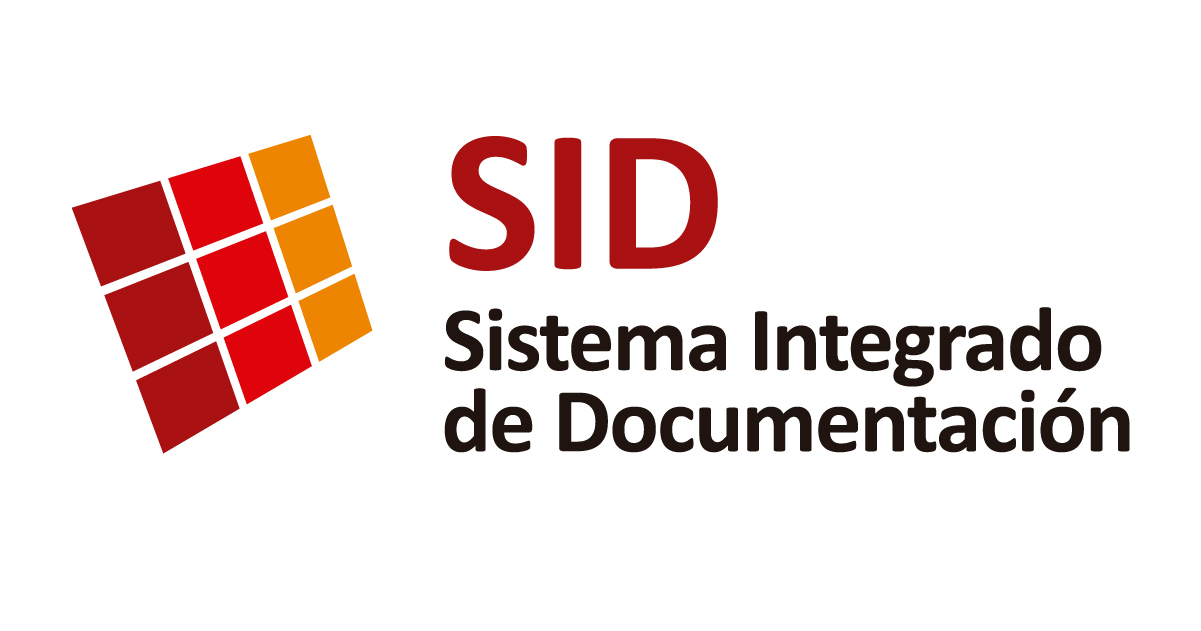Transnational corporations on the latin american stage within the framework of late capitalism
DOI:
https://doi.org/10.24215/24689912e001Keywords:
Transnational companies, National states, Late capitalismAbstract
Changes in the global economy are increasingly accelerating and deepening. This work invites you to read and appreciate them through the performance of its main protagonists: transnational corporations and national States.
The two types of organizations keep a relationship that is ambivalent: they repel and confront but at the same time they prove to need each other.
The features of the link define what has been called "late capitalism" since J. Habermas. The tension knot between the two types of organizations is today the feverish rate of reproduction of capital and the ensuing battles waged by transnational corporations in order to expand their markets and concentrate ownership and control of the means of production in order to feed the process indefinitely.
During the second half of the twentieth century, a recipe was introduced in Latin America to promote the autonomous development of different sub-regions, which were reported to have been compromised by the actions of transnational corporations. Following this recipe were designed companies with participation or under the state promotion to compete with transnational corporations. While the initiatives failed again and again, some recent policy orientations lead the author to wonder about their viability. In this sense, the evolution of the global system suggests that such political projects are impossible to fulfill.
What about the reasons that prevent the creation and management of companies under political guidelines? At first, technological waves are replacing products, services, processes and productive activities and thus expel from the markets the same populations that the economic system claims peremptorily as consumers and users. National states -which technocratic fantasies even today regard as anachronistic beings-reappear on the international scene, trying to bear the internal social cost of these segregations. Thus, paradoxically and as far as they can, they must feed back to the same system. It is a restorative task that cannot be done without transnational corporations, but must count on them.
In particular, developing country states make a commitment in the only possible way that they can do so in order to be predictable: through detailed inter-governmental regulations, under the so-called "free trade agreements". These treaties, usually bilateral, are joining and converging laboriously. Its regulations, embedded in a multilateral support still in force, allow national states and transnational corporations to meet their mutual expectations under conditions of economic belligerence, which can only be achieved through unprecedented strategic and operational flexibility on both sides.
As a result of their confrontation or cooperation, depending on the issues involved, these actors are changing among themselves as they interact in multiple networks of increasingly complex and integrated systems. It is then mutual relationships that are redefining at all time their respective entities.
Is it possible to conjecture about the historical sense of the current trend? At the moment it should be noted the increasing uncertainty generated by the adverse effects of the global system when its territorial spread in the developed world is already well known. And there are also warnings about potential climatic events whose occurrence would be uncontrollable. In this picture the exacerbation of connectivity seems contraindicated. Hence the overcoming challenge: the reconversion of public and private organizations so that they can support themselves in interrupting external connections, when they have to be rebuilt and having the suitability to operate in the transition even without such connections.
Downloads
Metrics
Downloads
Published
How to Cite
Issue
Section
License
Obras bajo licencia CC-BY-NC-ND
Esta licencia no permite la generación de obras derivadas ni hacer un uso comercial de la obra original, es decir, sólo son posibles los usos y finalidades que no tengan carácter comercial.


































